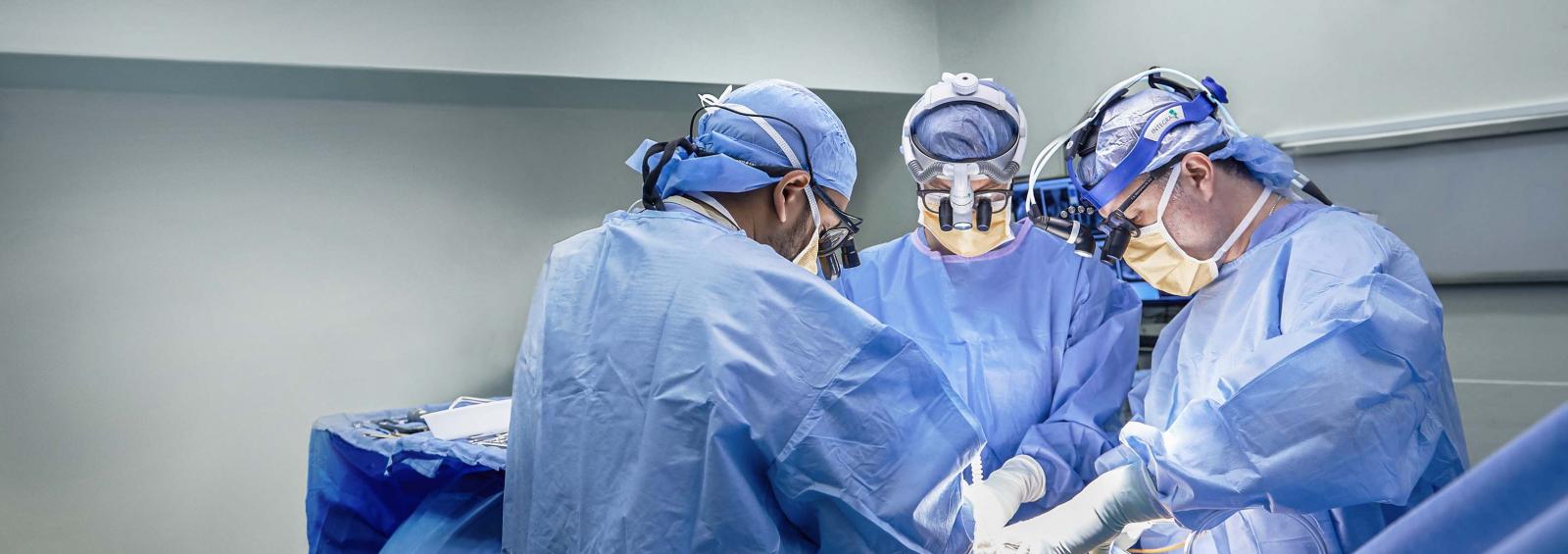Sports injuries can be debilitating and frustrating, often sidelining athletes from their favorite activities for weeks or even months. However, many sports injuries are preventable with the right precautions and strategies in place. To help you stay safe and injury-free while pursuing your athletic endeavors, we have compiled a list of top tips for preventing sports injuries, with advice from experts at an orthopedic clinic(also known as ‘experts dans une clinique orthopédique’ in the French Language)
One of the most important steps you can take to prevent sports injuries is to warm up properly before engaging in any physical activity. A thorough warm-up prepares your muscles, joints, and tendons for the upcoming workout, reducing the risk of strains, sprains, and other injuries. Here are some key tips for warming up effectively:
- Start with light aerobic activity to increase your heart rate and blood flow.
- Perform dynamic stretches that mimic the movements you will be doing during your workout.
- Incorporate exercises that target the specific muscles you will be using.
- Gradually increase the intensity of your warm-up to prepare your body for more intense activity.
Use Proper Equipment
Another essential aspect of injury prevention is using the proper equipment for your sport or activity. Appropriate gear not only enhances your performance but also protects you from potential injuries. Whether it's wearing the right footwear, using protective padding, or using the correct form, here are some equipment-related tips to keep in mind:
- Invest in high-quality athletic shoes that provide adequate support and cushioning.
- Ensure that your equipment, such as helmets, pads, or braces, fits properly and is in good condition.
- Follow the manufacturer's guidelines for maintaining and replacing your gear as needed.
- Learn the proper technique for using your equipment to maximize its effectiveness.
Listen to Your Body
One of the most common mistakes athletes make is ignoring their body's warning signs and pushing through pain or discomfort. Listening to your body is crucial for preventing sports injuries and avoiding more serious damage in the long run. Here are some tips for tuning in to your body's signals:
- Pay attention to any aches, pains, or unusual sensations during or after exercise.
- Do not ignore persistent or worsening symptoms, as they may indicate an underlying issue.
- Rest and allow your body to recover if you experience pain or fatigue.
- Consult with a healthcare professional if you have concerns about a potential injury.
Implement Cross-Training
Repetitive strain from overtraining in a single sport or activity can increase the risk of developing injuries. Cross-training, or incorporating a variety of exercises into your routine, can help prevent overuse injuries and improve overall fitness. Consider these cross-training tips to protect your body from harm:
- Include a mix of cardiovascular, strength training, and flexibility exercises in your workout regimen.
- Alternate between different sports or activities to reduce the strain on specific muscle groups.
- Focus on developing a well-rounded fitness level that encompasses various physical skills.
- Consult a fitness trainer or physical therapist to create a balanced cross-training program.
Maintain Proper Nutrition and Hydration
Proper nutrition and hydration play a vital role in injury prevention and overall athletic performance. Fueling your body with the right nutrients and staying hydrated can improve your endurance, strength, and recovery, reducing the risk of sports injuries. Here are some nutrition and hydration tips to keep in mind:
- Stay hydrated before, during, and after exercise to replace fluids lost through sweat.
- Consume a balanced diet rich in lean proteins, healthy fats, complex carbohydrates, vitamins, and minerals.
- Avoid excessive consumption of sugary, processed, or high-fat foods that can impede performance and recovery.
- Consider consulting a sports nutritionist for personalized dietary recommendations based on your activity level and goals.
Get Adequate Rest and Recovery
Rest and recovery are integral parts of any training program, allowing your body to repair and rebuild tissues, enhance performance, and prevent injuries. Failing to incorporate sufficient rest into your routine can lead to overtraining, fatigue, and increased susceptibility to injuries. Here are some tips for prioritizing rest and recovery:
- Include rest days in your workout schedule to give your muscles time to recover and repair.
- Get an adequate amount of sleep each night to support your body's recovery processes.
- Engage in active recovery activities, such as gentle stretching, yoga, or foam rolling, to promote circulation and reduce muscle soreness.
- Listen to your body's cues and adjust your training intensity or volume accordingly to prevent burnout.
By following these top tips for preventing sports injuries and incorporating them into your training routine, you can reduce the risk of setbacks and enjoy a safe and fulfilling athletic experience. Remember that injury prevention is an ongoing process that requires dedication, mindfulness, and proper care of your body. If you have any concerns or questions about sports injuries or injury prevention strategies, don't hesitate to consult with orthopedic specialists or healthcare professionals for personalized guidance.

